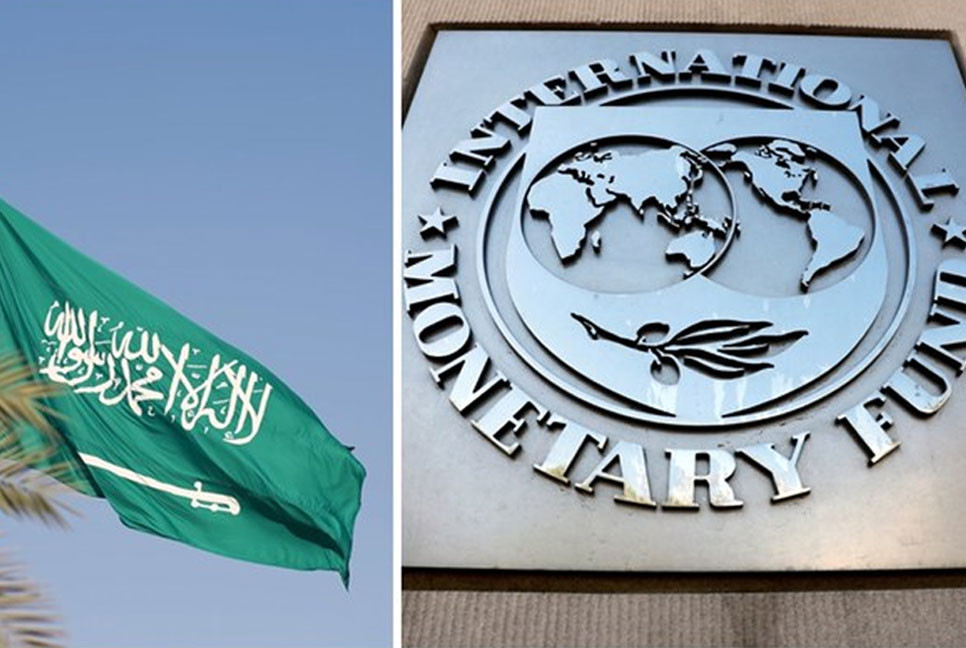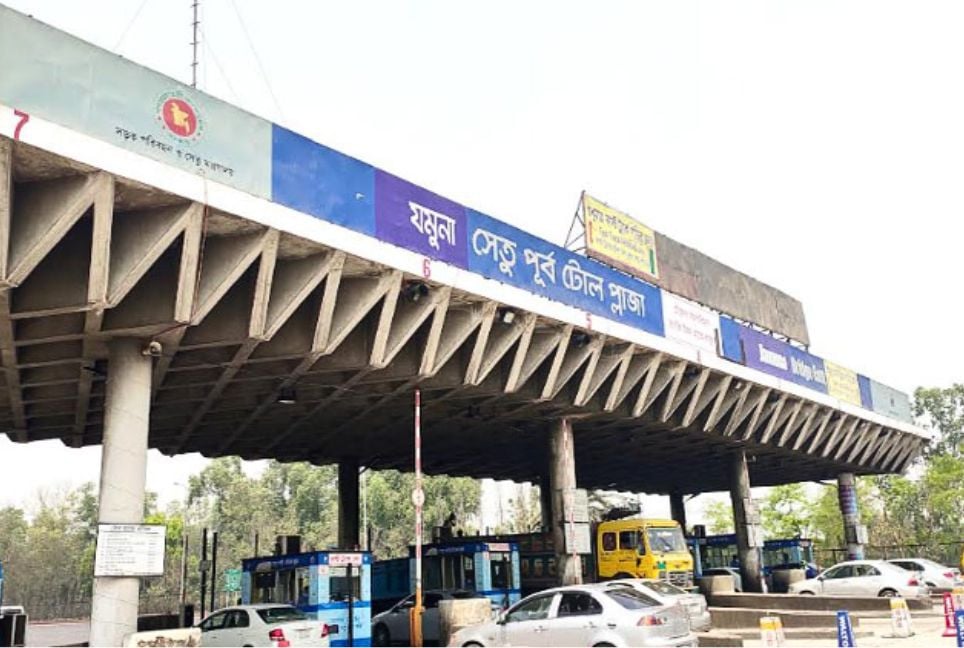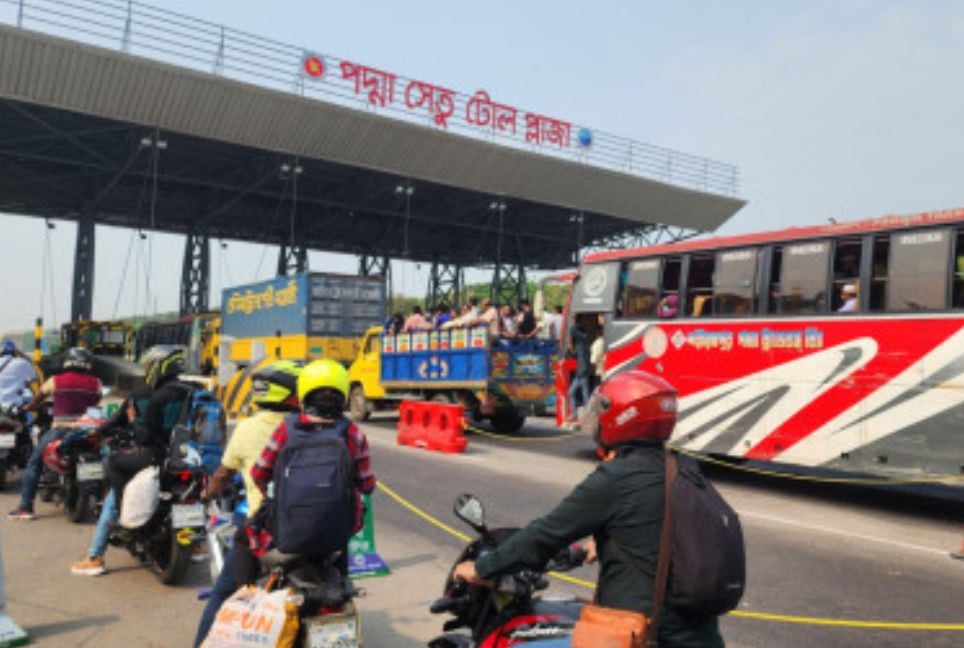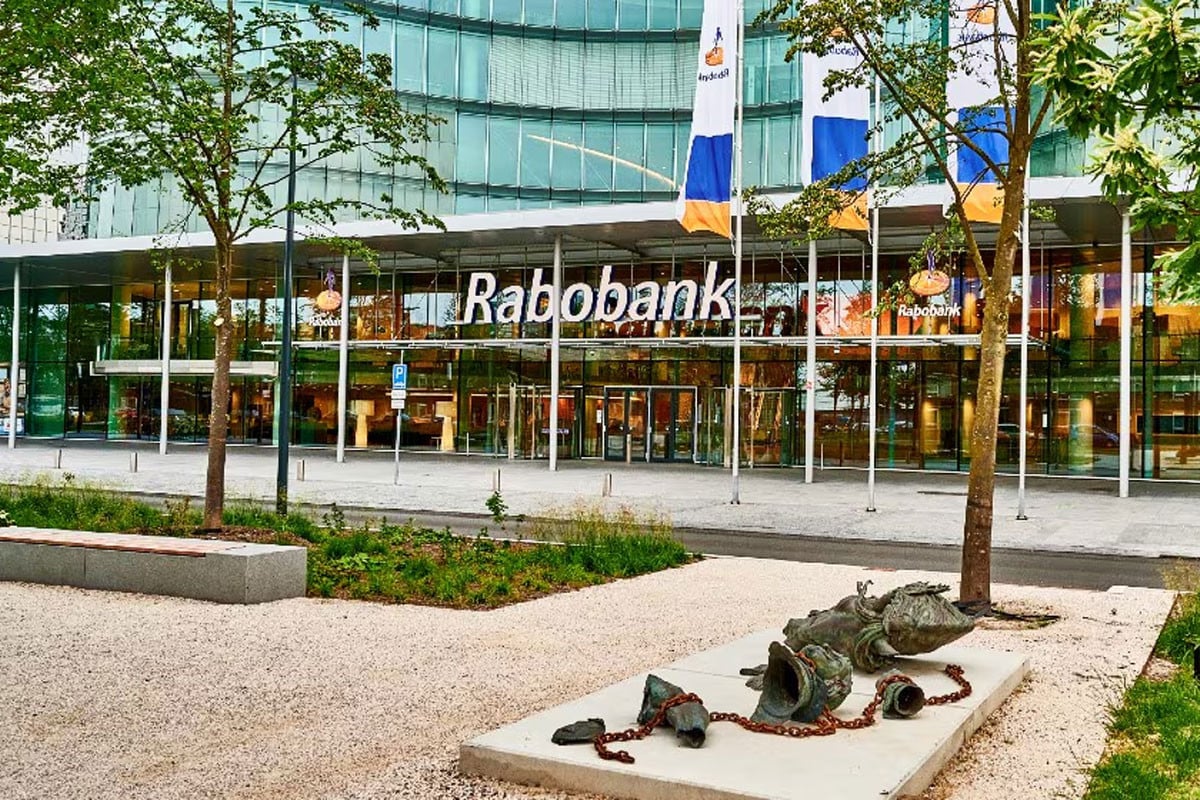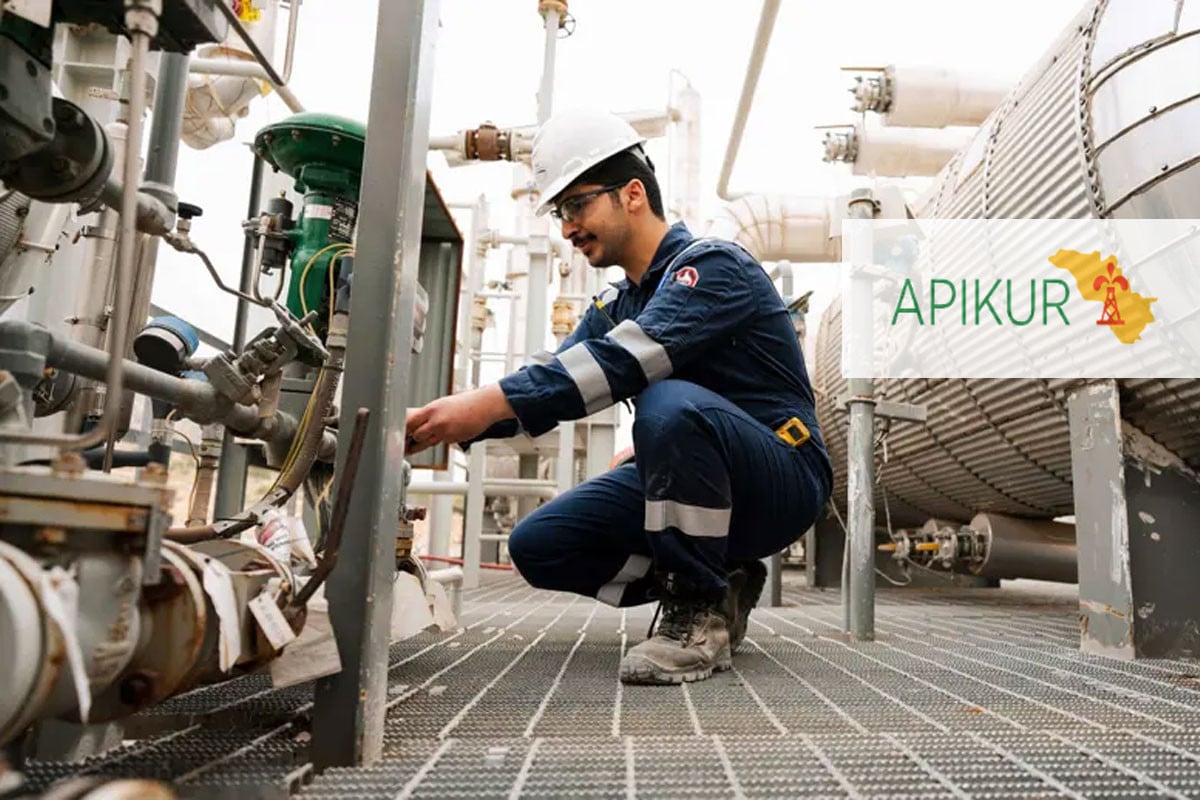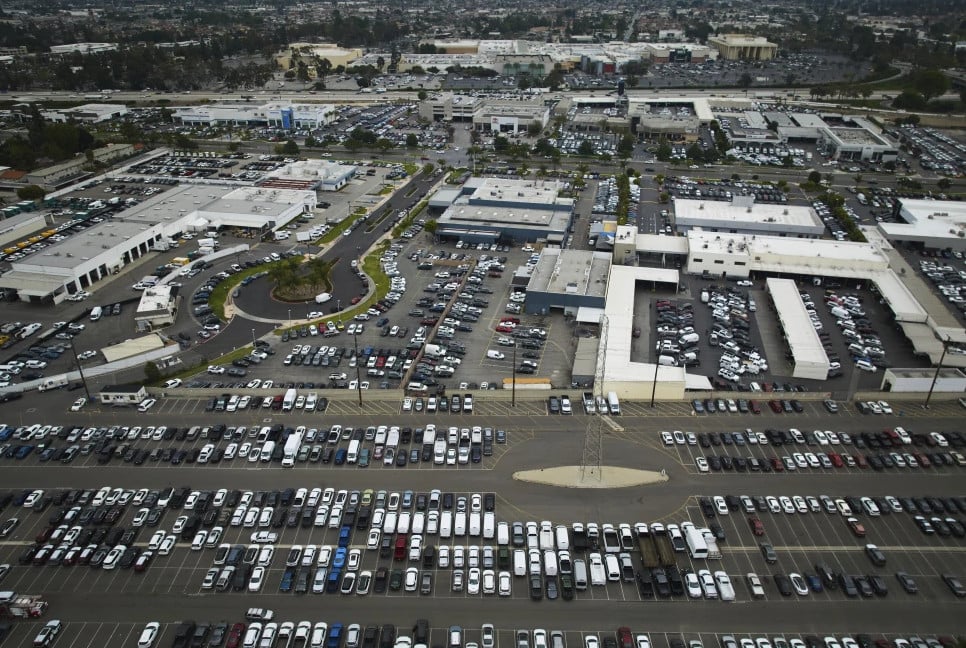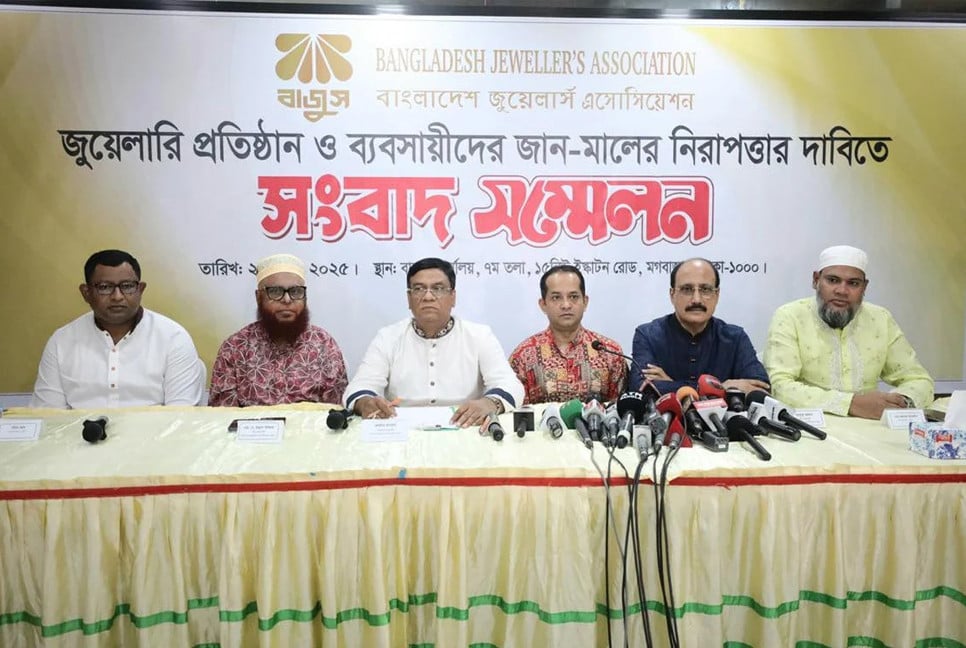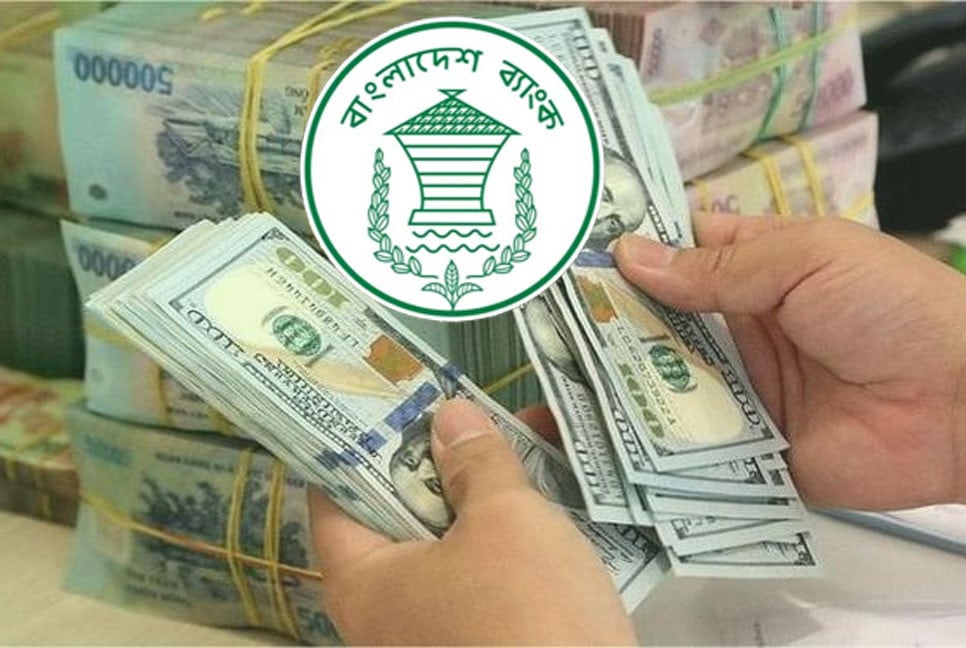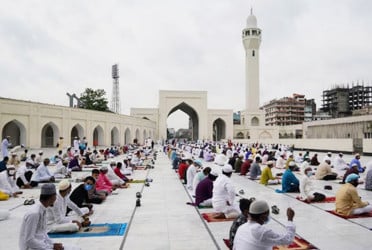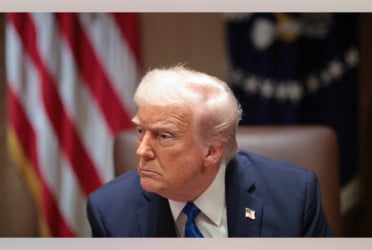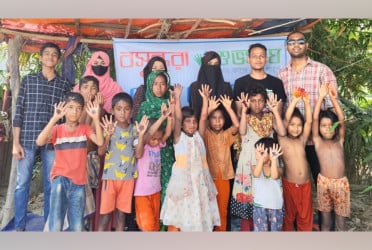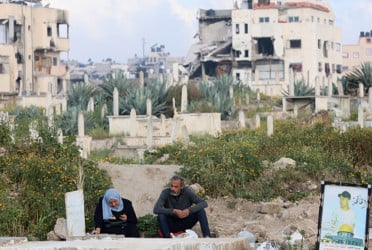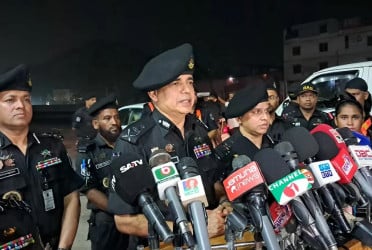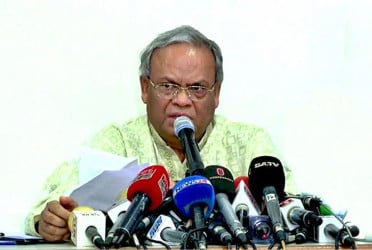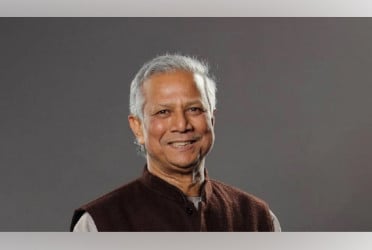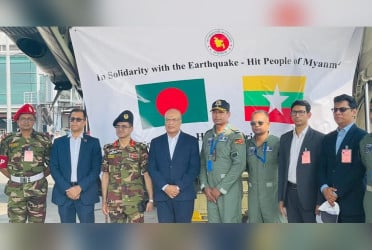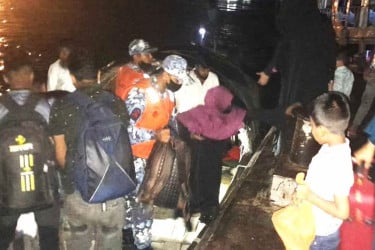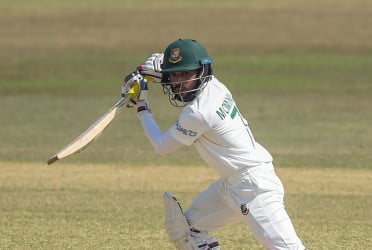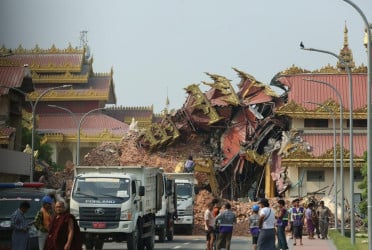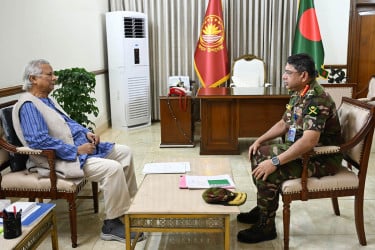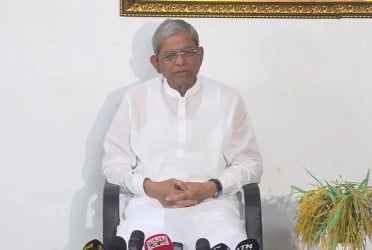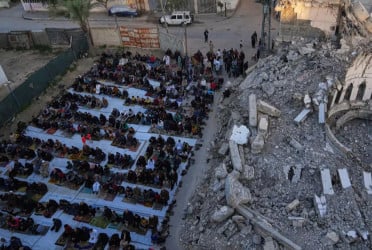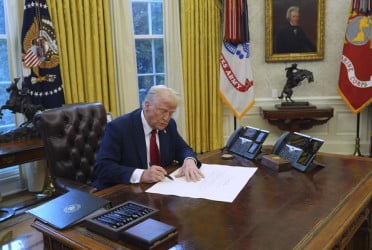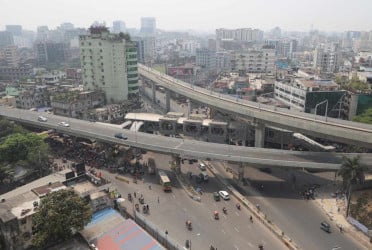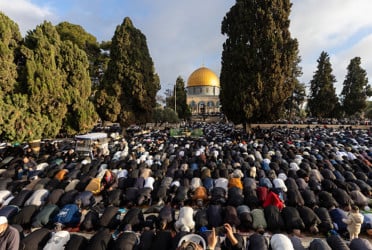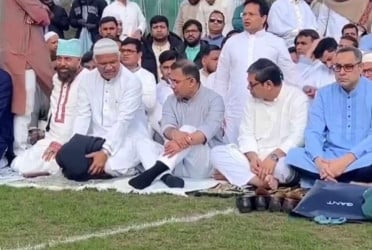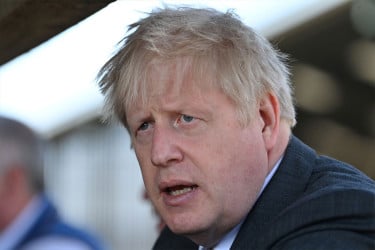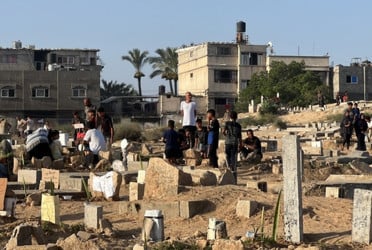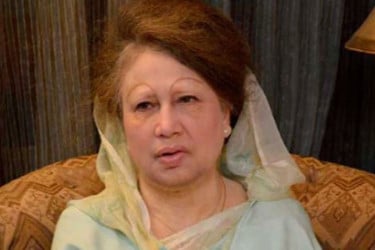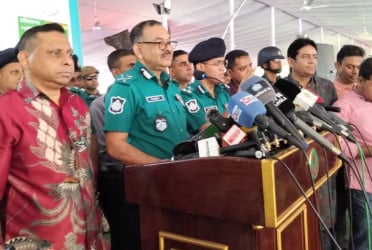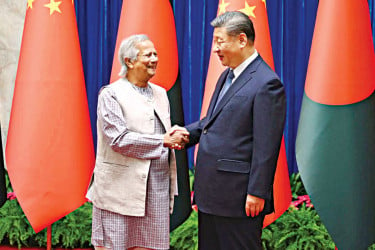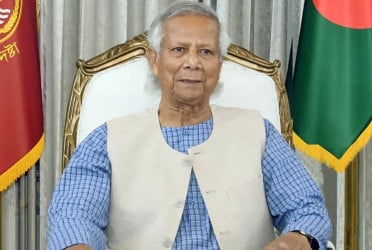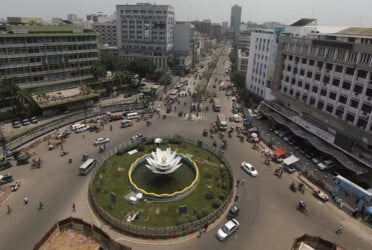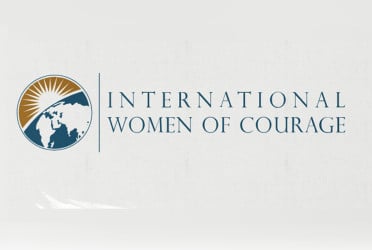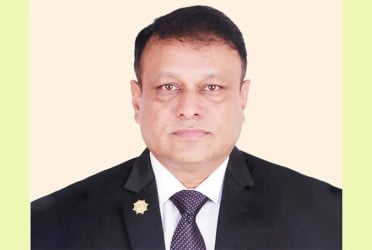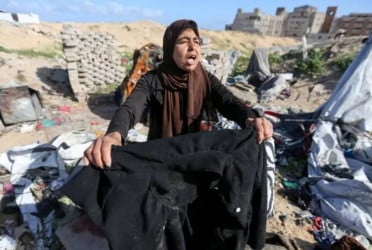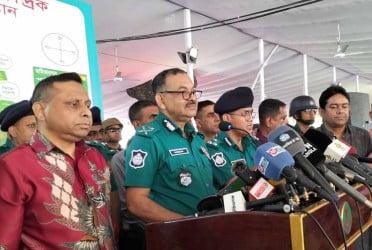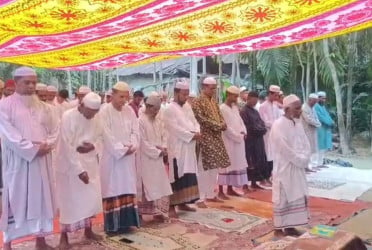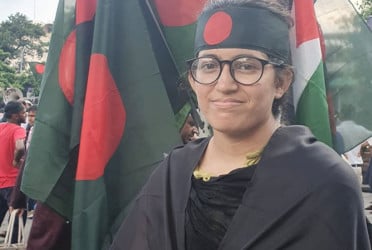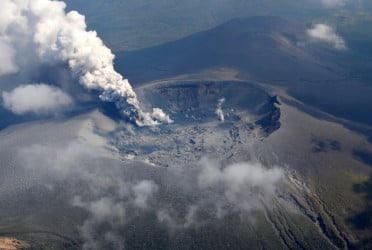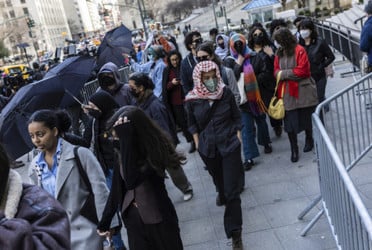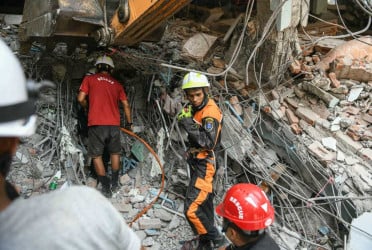At the inaugural annual AlUla Conference for Emerging Market Economies, Saudi Arabia’s Ministry of Finance and the International Monetary Fund (IMF) co-hosted a high-level roundtable to address the recovery of conflict-affected economies in the Middle East, with a special focus on Syria. The session brought together key stakeholders, including finance ministers from the region, the Minister of Foreign Affairs of Syria, the Managing Director of Operations at the World Bank Group, heads of other international financial institutions, and the Arab Coordination Group.
Following the meeting, Kristalina Georgieva, IMF Managing Director, and Mohammed Aljadaan, Saudi Arabia’s Finance Minister, issued a joint statement underscoring the urgency of collaborative efforts to support the recovery of countries affected by ongoing conflicts.
"This important meeting brought together representatives from the Middle East and key economic and development partners to discuss how we can work together to support recovery in the Middle East's conflict-affected economies, with a focus on Syria," said Georgieva. "We thank all participants for realizing the urgency and importance of this task, as well as for their commitment to pool knowledge and work together to ensure that the conflict-affected countries can start addressing their humanitarian needs and begin a rebuilding era for their economies in an efficient, swift, and durable way for the benefit of their people."
The participants emphasized the significance of coordinated action to mitigate the negative spillovers that conflict has had on neighboring economies and the region as a whole. Special attention was directed toward Syria’s ongoing humanitarian crisis and the pressing need for reconstruction.
“We welcomed the opportunity to discuss recent developments and build a common understanding of the challenges facing conflict-affected countries. Strengthening coordination is vital, as the recovery of these nations impacts all,” said Aljadaan.
The statement highlighted three key priorities agreed upon during the meeting: the continuous diagnostic of the challenges facing each conflict-affected country, including their humanitarian needs and reconstruction requirements; the enhancement of capacity development through scaling up IMF and World Bank initiatives to strengthen or rebuild critical fiscal, monetary, and banking institutions; and the mobilization of financial assistance, with international financial support coordinated to fund reform programs, reconstruction, and humanitarian aid.
Both the IMF and World Bank, alongside regional development partners and the Arab Coordination Group, reiterated their commitment to working together to complement each other's efforts and focus on their institutional mandates to support recovery.
“The IMF, World Bank, the Arab Coordination Group, and countries of the region underscored their readiness to work together and complement each other's efforts while focusing on their institutional mandates. They will continue to work closely with other partners to further support the international response to the recovery of conflict-affected economies in the Middle East region,” the statement noted.
An informal coordination group will be established to streamline efforts and ensure continued collaboration. These discussions will continue at the upcoming IMF/World Bank Spring Meetings, scheduled for April 25-27 in Washington, D.C.
This meeting served as a critical platform for building solidarity and establishing a shared vision for the economic recovery of conflict-affected countries in the Middle East, with Syria at the forefront of the discussions.
Bd-pratidin English/ Jisan

